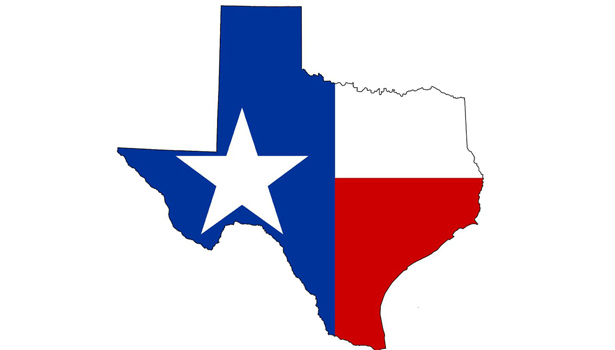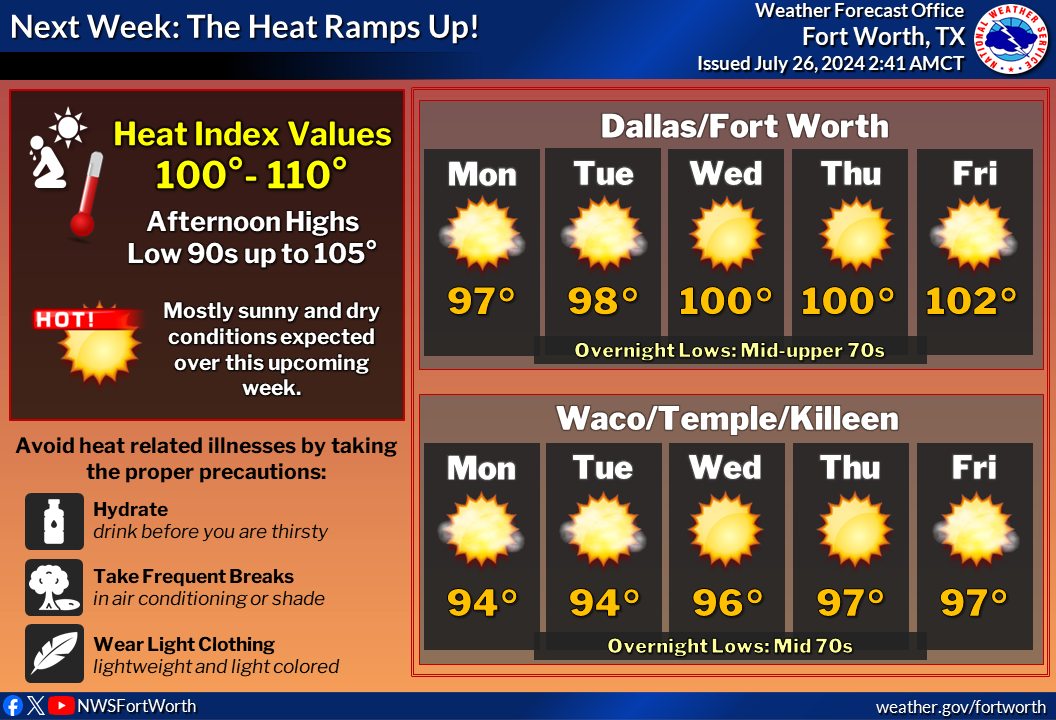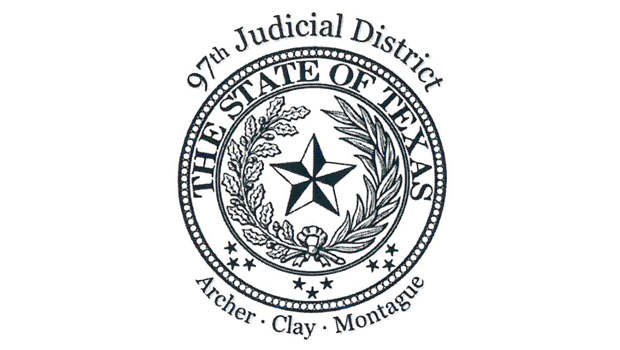NEWS
Health care prices vary widely across Texas – new website shows how much

Texas 2036’s new online tool examines the differences in prices for the same health care services, the implications for patients and taxpayers, and significant information gaps
AUSTIN, TX – Texas 2036’s new online dashboard — which shows health care pricing data in an easy-to-visualize format — vividly demonstrates price discrepancies that help drive higher and higher government spending, insurance costs, out-of-pocket spending, and health-related inflation – but also how few hospitals are providing pricing data in compliance with transparency laws.
Texas 2036 began researching this data as part of an effort to evaluate the true prices of various health care services around the state. However, inconsistent compliance with state and federal hospital price transparency laws limited what pricing data was available. So, as a first step, the organization focused on data provided by hospitals and their compliance with these laws.
“The data available as of this spring suggests that only about 31 percent of Texas hospitals are mostly compliant with state and federal law,” says Charles Miller, senior policy advisor for health care at Texas 2036. “But even when data might be available, a lack of standards makes it really difficult to utilize. There’s a lot of room for improvement.”
To help facilitate those improvements, Texas 2036 is offering recommendations to make the data more accessible, including the adoption of a clear data standard that could encourage and improve reporting and provide researchers with better data for analysis.
These data files offer the potential for a unique and vital reference point for Texas legislators and leaders as they consider options for reducing health care spending while maintaining high levels of care and access in every part of Texas, said Texas 2036 Vice President of Data and Analytics Dr. Holly Heard.
“By spotlighting and addressing market inefficiencies, we hope to help lawmakers and all Texans get better care at a better price – especially those communities disproportionately affected by high health care prices,” Heard said. “The disclosure of health care pricing data has the potential to significantly improve our understanding of health care markets.”
The new public dashboard, which can be found at pricetransparency.Texas2036.org, represents the most comprehensive, publicly available Texas health care pricing transparency tool to date. It analyzes pricing data for a range of health procedures and services, both statewide and within 11 Public Health Regions — providing Texans a snapshot of how prices for the same health care services vary among different hospitals, payers, and geographic regions.
As part of an ongoing effort by federal agencies to empower employers and consumers to make more informed decisions about their health care spending, federal law required hospitals operating in the United States to provide clear, accessible pricing information about their services beginning January 1, 2021. Texas passed a similar law that went into effect in September of that year.
Working with data science firm January Advisors, Texas 2036 attempted to locate and download data for 644 hospitals in Texas. Analysts then reviewed and classified each of the data files. As of April 2022, key findings include:
- Only 65% of hospitals had made pricing data available in a way that researchers were able to access it.
- 31% of hospitals were mostly compliant with the law, meaning that they listed standard charges, cash prices, minimum and maximum negotiated rates, and insurer-specific rates in their data. It is unclear whether the lists include all services offered at each hospital.
- Most large hospital systems in Texas are missing key pieces of data, such as insurer-specific rates.
- Comparisons between hospitals are often difficult or impossible due to issues with the availability and formatting of hospital codes and insurer-specific information.
Most insurers and employers were required to disclose their own transparency files as of July 1, 2022, and beginning in 2024 will be required to provide their enrollees with consumer-friendly comparison shopping tools that show consumers their out-of-pocket costs for specific providers.
To learn more about health care pricing transparency in Texas and access the data, visit: https://texas2036.org/health-care-price-transparency
###
About Texas 2036
Texas 2036 is a nonprofit organization building long-term, data-driven strategies to secure Texas’ prosperity through our state’s bicentennial and beyond. We offer non-partisan ideas and modern solutions that are grounded in research and data on issues that matter most to all Texans. For more information, visit www.texas2036.org.
NEWS
Hay slides off trailer

This hay hauler had some trouble as the made the curve on Mason Street near Orchard Friday afternoon as multiple round bales fell off. Someone was back on the scene quickly to get the hay out of the street and away from its edge. (Photo by Barbara Green)
NEWS
Triple digit-temperatures returning

After a handful of days with rain chances, this upcoming work week will be dry and hot. Afternoon temperatures will rise back into the 90s and 100s, with heat indices between 100-110 by midweek. (U.S. National Weather Service)
NEWS
Judges named to preside over DA Hall cases

By BARBARA GREEN
[email protected]
Judges have been named for the two cases involving 97th District Attorney Casey Hall, including the indictment for theft and a petition for removal as DA.
On July 11, Judge David L. Evans, presiding judge for the Eighth Administration Region of Texas, assigned E. Lee Gabriel to handle the indictment case against Hall. The judge then named Bruce McFarling for the removal petition case.
The two-term DA Hall was indicted by the Montague County Grand Jury July 15 on a charge of theft of property $2,500 to $30,000, a state jail felony. The allegations stem from reported misappropriation of state grant funds.
Read the full story in the mid-week Bowie News.
-

 NEWS2 years ago
NEWS2 years ago2 hurt, 1 jailed after shooting incident north of Nocona
-

 NEWS8 months ago
NEWS8 months agoSuspect indicted, jailed in Tia Hutson murder
-

 NEWS1 year ago
NEWS1 year agoSO investigating possible murder/suicide
-

 NEWS2 years ago
NEWS2 years agoWreck takes the life of BHS teen, 16
-

 NEWS12 months ago
NEWS12 months agoMurder unsolved – 1 year later Tia Hutson’s family angry, frustrated with no arrest
-

 NEWS1 year ago
NEWS1 year agoSheriff’s office called out to infant’s death
-

 NEWS2 years ago
NEWS2 years agoBowie Police face three-hour standoff after possible domestic fight
-

 NEWS2 years ago
NEWS2 years agoDriver stopped by a man running into the street, robbed at knifepoint





